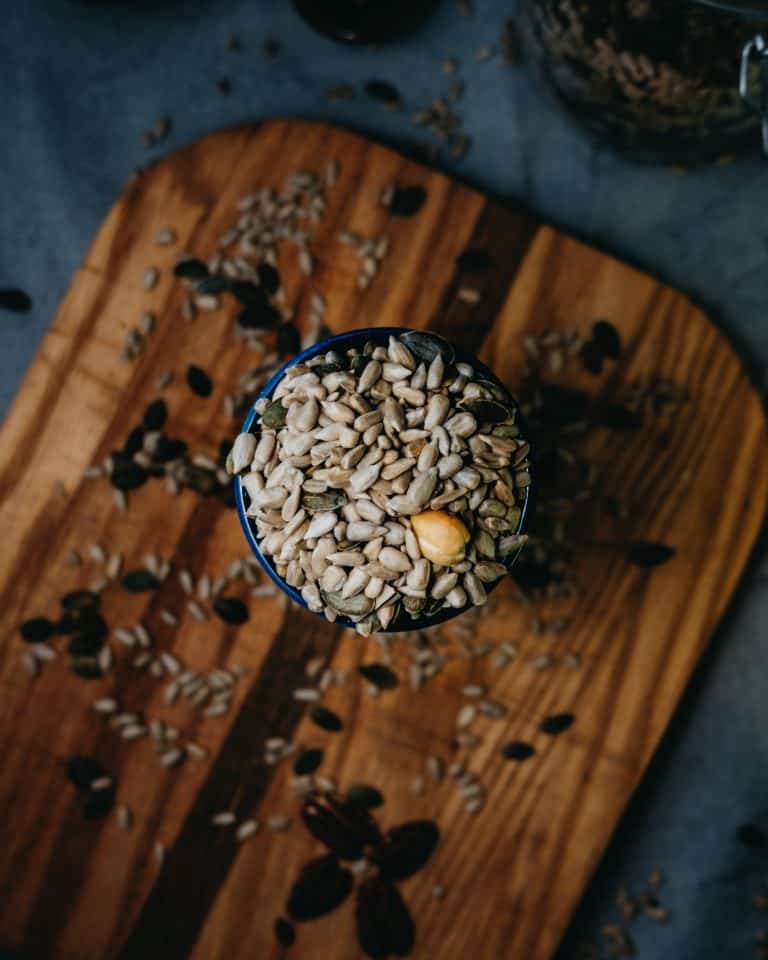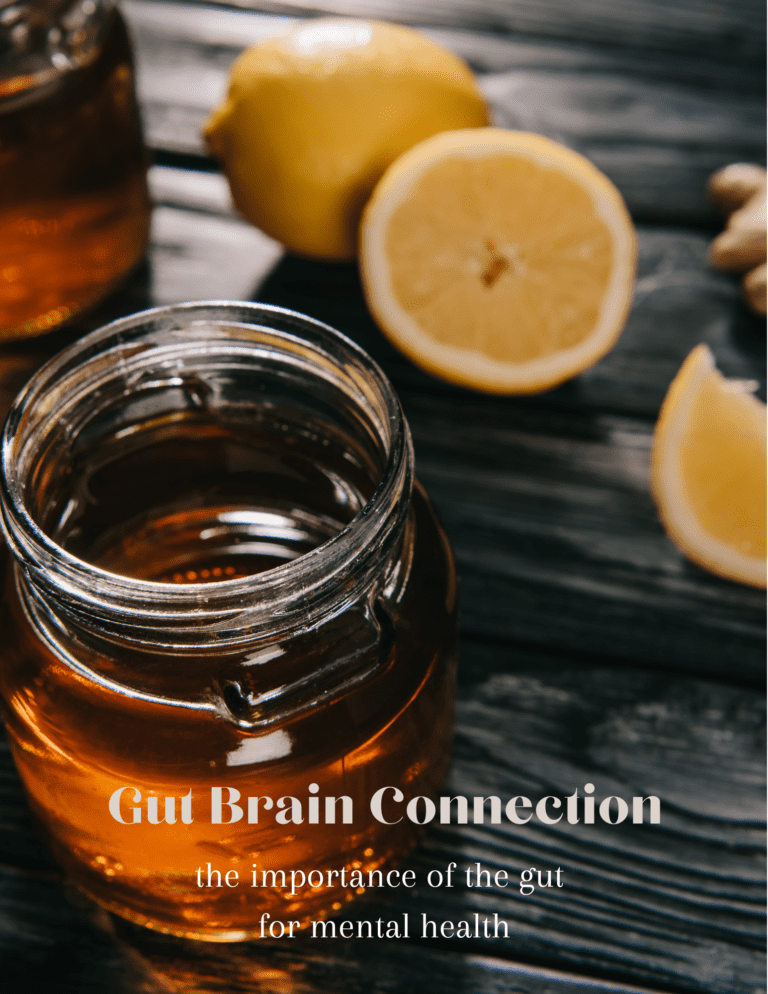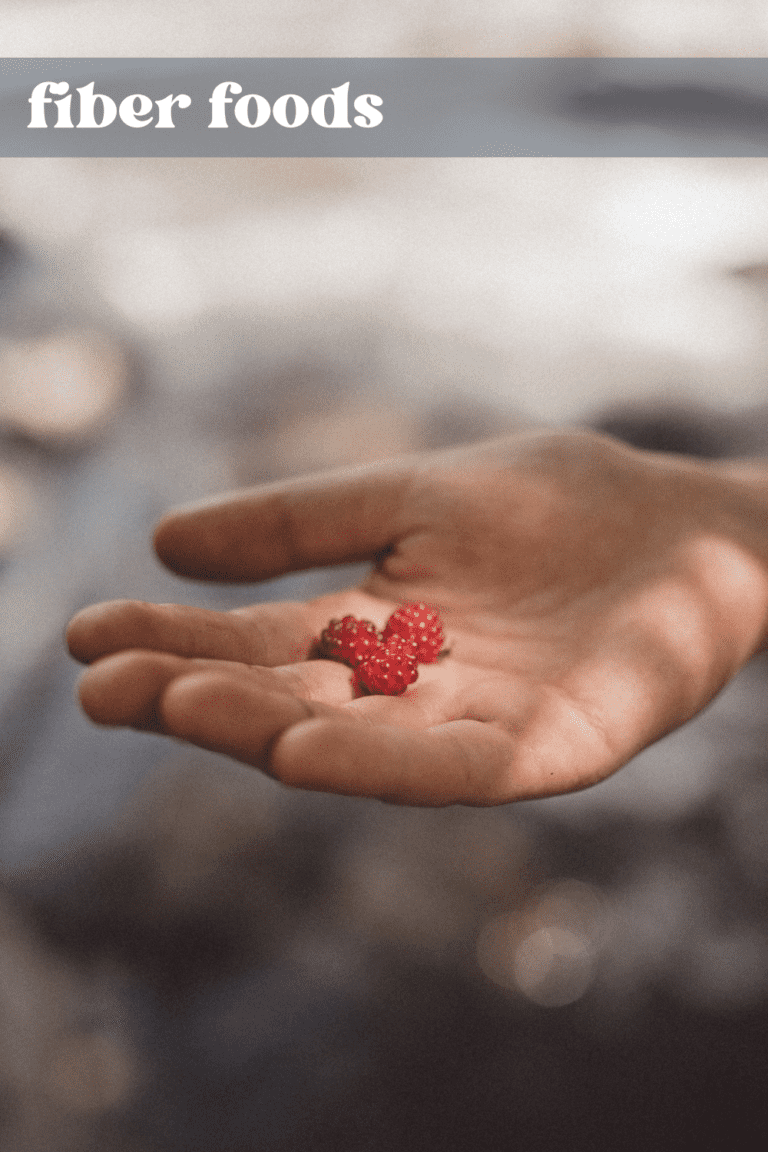Talk about beating a dead horse… stress. I mean, how many times have we been told that stress is bad. “Don’t stress!”, “Relax!”, “You’re stressing me out!”.
In a society, where anxiety is at an all-time high and we are constantly under the stress of work, social media, societal pressures, etc.; it’s hard to take a moment to breathe. Hustle, hustle, hustle!! We live in a world of constant projects, movement, and to-do lists.
But what if I told you that not all stress is bad. That some stress is good and there are ways that you can use stress to your advantage.
It’s all in how you manage your stress. I know, I know… easier said than done. But what if I also told you that it could be screwing up your gut, which is messing with your health and mental health? And that you may not even know when you’re chronically stressed?
You know the saying “too much of a good thing is never a good thing”… yeah, that applies here. Stress management is key in regulating the good vs. bad stress that we allow into our lives.
If there is ANYTHING that I can teach you, anything you take away from me related to gut health, it is stress management.
Here’s the good, bad, and ugly sides of stress:
The Good Stress
Stress is a natural response to danger or threat. It is a necessary component to our everyday life, despite everyone preaching how detrimental it is. We need stress to survive and get ourselves out of certain situations.
So, what’s good stress then?
Good stress can come in the form of physical activity, a time crunch to complete a work assignment, and survival in a dangerous situation… like falling down a flight of stairs and catching yourself before your face hits the ground.
Fleeting stress is good stress.
So, don’t stress yourself out over stress… LOL
The Bad Stress
With every good, comes the bad. The bad type of stress is chronic stress. That stress that keeps you up at night, causes your belt around your waist to feel tight, and turns your hair gray.
We ALL know what I’m talking about.
Stress triggers the release of specific hormones and peptides that increase inflammation in the body.
Over time, if not well-managed, this causes chronic, low-grade inflammation.
Chronic, low-grade inflammation in the body has been a hot topic of study recently and is viewed as a main contributor to many chronic diseases.
Hippocrates
“All disease begins in the gut”
The Ugly Stress
The more we are in this constant inflammatory state, the more havoc we create in our gut.
A constant state of inflammation (which is easy to do, by the way) can trigger poor dietary choices. We reach for highly palatable foods; simple carbs and higher fat foods.
Fun fact: Our stress response causes us to reach for these foods as a way to adapt to stress by putting on more body weight. In times of stress, weight was necessary to survive back in the day!
The more high-fat foods we consume, the more our gut microbiome becomes out of whack. The lining becomes permeable (easy to get through) and we end up with leaky gut! Which can then contribute to anxiety and depression.
Honestly, this all just sounds like a mess… that just creates MORE STRESS.
The important thing to remember is that we don’t want to get rid of stress completely. We don’t need to be Buddhist monks living in a temple in Thailand. Some stress is good. We just want to learn how to manage it so it doesn’t control our lives and take the driver’s seat of our health.
Managing Stress
Self-care has been preached all over the internet. All with good reason! It has become important, now more than ever, especially with a pandemic occurring, to prioritize our mental wellbeing.
You really don’t need that much time at all to do this. I, of all people, will put myself in the far back seat of my own priorities. I am incredibly guilty of this and it is much easier said than done when I have a mile-long to do list.
But, the KEY to relieving stress is activating the parasympathetic nervous system (PNS). The activity doesn’t make a difference as long as it is something that relaxes you enough to trigger the parasympathetic nervous system.
How do you know if you’ve activated it?
- Your heart rate slows
- Your breathing slows and deepens
- You may start to feel hungry (Ever been so busy you forget to eat? Yeah, that’s why.)
- Muscles relax that you didn’t even know were tense
In order to enter the parasympathetic nervous system, you don’t need to set too much time aside. You can do this throughout your day. All you need to do is become present. Focus on your breathing until it slows down. Focus on your muscles, which ones are tight and how your body feels. The more you get used to getting into that state, then the easier it becomes to make it a normal routine.
Stress, Gut, and Mental Health
Now, let’s tie it all together because I think it’s important to know the sequence of events that can be contributing to the severity of some mental health conditions.
I’m not saying that gut health is the cure all to mental health. (And to be clear, when I say mental health, I am talking specifically about depression and anxiety). There are a whole host of other contributors including our environment, childhood, exercise levels, outlook, etc. But our diet definitely plays a key role in overcoming or managing mental health. And I believe that it starts in the gut.
There’s no question that stress affects our mental health… that’s pretty black and white. But it’s not as simple as “I’m stressed, therefore one day I’m depressed and anxious”. You can have an underlying mental illness, be stressed out, and not have the symptoms of the illness arise. It is not a cause and effect relationship.
So, what exactly is occurring inside to trigger more of a response?
Foods that disrupt the microbiome/unmanaged stress levels —> changes in microbiome composition —> “leaky gut” —> inflammatory response is triggered —> signals sent to the brain via the Vagus Nerve —> affects the release of neurotransmitters (GABA and Serotonin), which then contributes to symptoms of anxiety and depression
As you can see, it’s a whole chain of events that take place. And, like I said before, anxiety and depression are caused by a variety of things. But I think it’s important that if we can manage symptoms through what we have control of, then that’s huge!
Unfortunately, mental health is either not taken seriously, or physicians may prescribe medication without addressing the underlying causes.
Do I think medication is important in managing symptoms? Of course, some truly need them.
However, I also think it’s important to address any illness by starting at the root. That is what nutrition is all about. Understanding how what we eat is contributing to the health of our body.
So I think it’s also important for us to understand how we can somewhat take control of our own health, now and in the future.
[convertkit]
Sources: https://link.springer.com/content/pdf/10.1007/s13311-017-0585-0.pdf



